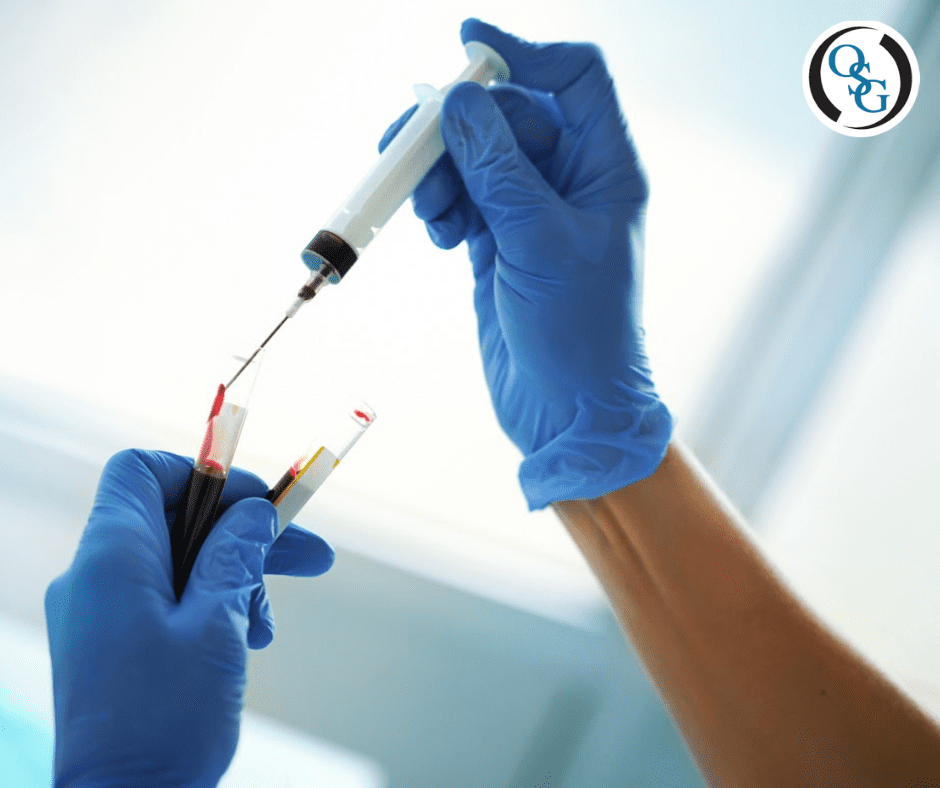
What is Cholesterol?
September marks the start of National Cholesterol Education Month! This month is used as an opportunity to educate everyone on what cholesterol is, why it’s important, and what you can do to ensure your cholesterol levels are healthy!
What is Cholesterol And Why Does it Matter?
Cholesterol is a waxy substance that can be found in all the cells in your body. Having cholesterol in your body is a good thing as it helps make hormones, vitamin D, and various substances that help to digest foods. However, there reaches a point when your cholesterol levels can be at concerning levels and cause health complications.
There are two types of cholesterol: LDL cholesterol, which is bad for you, and HDL, which is good for you. Having too much LDL cholesterol and too little HDL cholesterol can increase cholesterol building up in the inner walls of your arteries.
Get a blood test to have your cholesterol levels checked to ensure they are right where you want them to be!
How to Avoid Unhealthy Cholesterol Levels
Taking prescribed medications can help manage your cholesterol levels, but there are also various changes you can implement into your life to help ensure you keep your cholesterol levels down. Here are some of those lifestyle changes:
- Eat a diet full of heart-healthy foods – Making changes to your diet can drastically reduce your cholesterol levels and improve your heart health. Try reducing your consumption of saturated fats, eliminating trans fats, eating foods rich in omega-3 fatty acids, and increasing your soluble fiber consumption.
- Exercise regularly – Exercising is a great way to keep your cholesterol levels in check. Engaging in physical activity at least 30 minutes every day offers so many health benefits. Try taking brisk walks during work breaks, riding your bike to work, or playing your favorite sport in your free time.
- Avoid going overweight – Every extra pound that you carry can contribute to higher cholesterol levels. Small changes that help you lose weight, such as tracking calories, cutting out added sugars, and adding physical activity to your daily routine, can make a big difference for your cholesterol levels.
- Quit smoking – Smoking cigarettes can be detrimental to your HDL cholesterol levels. After quitting smoking, your body will have a better heart rate and blood pressure within just 20 minutes, better blood circulation and lung function after three months, and a significantly decreased risk for heart disease within a year.
- Drink alcohol in moderation – Moderate and continued alcohol consumption has been linked to unhealthy HDL cholesterol levels. To drink alcohol in moderation, that would mean no more than one drink for women and no more than two drinks for men, both under 65 years old. Too much alcohol consumption can also contribute to other health problems such as high blood pressure, strokes, and heart failure.
Orthopaedist in Fairfield County
If you suspect you have a herniated disc, have another injury, or are in pain, give the Orthopaedic Specialty group a call at (203) 337-2600 and let us know how we can help you!
